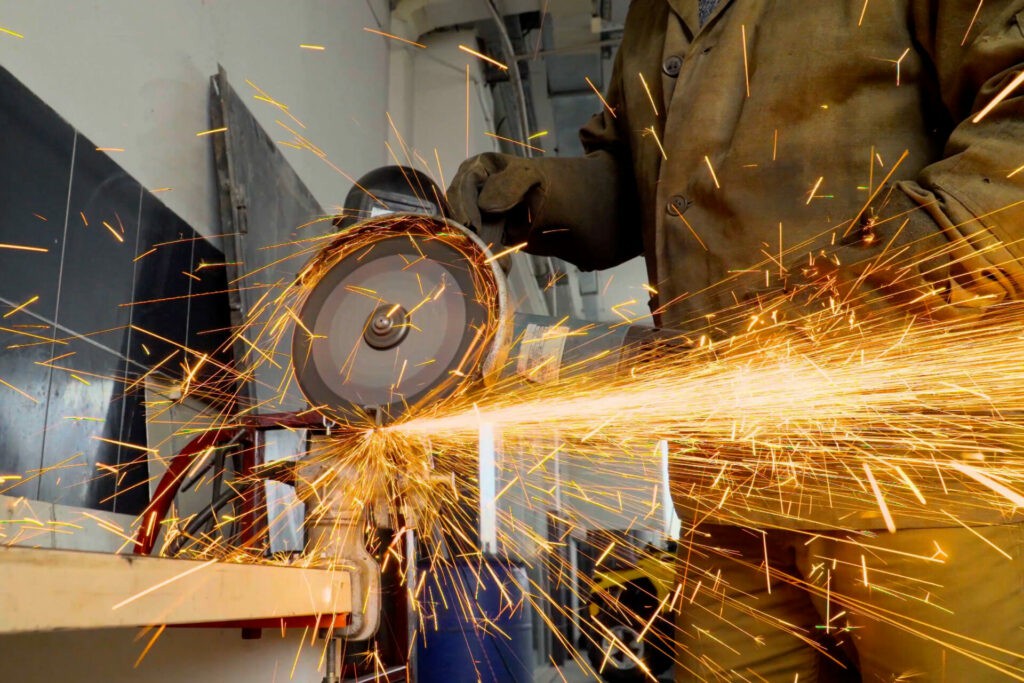


 349,500 Offered Certificates
349,500 Offered Certificates
 24/7 Online Training
24/7 Online Training
 Money Back Guarantee
Money Back Guarantee
 Fully Accredited Courses
Fully Accredited Courses

Created at: 22-02-2025 20:16
Abrasive wheels are critical components in various industries, providing the means for cutting, grinding, and polishing materials. Understanding their definition, types, risks, and legal requirements is essential for both employers and employees in ensuring workplace safety and compliance. This guide serves as a comprehensive resource for individuals and businesses seeking to deepen their knowledge about abrasive wheels.
Abrasive wheels are circular discs designed for cutting, grinding, or polishing materials such as metal, wood, and plastic. These wheels are typically made from a combination of abrasive materials bound together. Common applications include:
Abrasive wheels come in various types, each suited for specific tasks:
While abrasive wheels are incredibly useful, they pose several risks if not handled correctly. Common hazards include:
In Ireland, compliance with safety regulations is paramount. Employers must ensure:
Obtaining an Abrasive Wheels Certificate enhances workplace safety and ensures compliance with regulatory standards. The certification process encompasses:
Investing in certified abrasive wheels training directly correlates to:
Safety in the workplace hinges upon proper education and training regarding abrasive wheels. Whether located in Dublin, Cork, Galway, Limerick, or Waterford, understanding the significance of Abrasive Wheels Certification cannot be overstated. To stay ahead in your field, consider enrolling in an Abrasive Wheels Course Ireland today!
Ready to enhance your skills and comply with workplace safety standards? Contact us at [email protected] for more information on abrasive wheels training and certification options in your area.